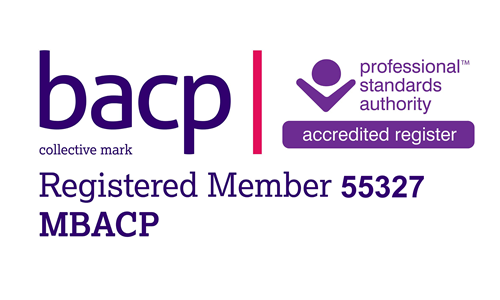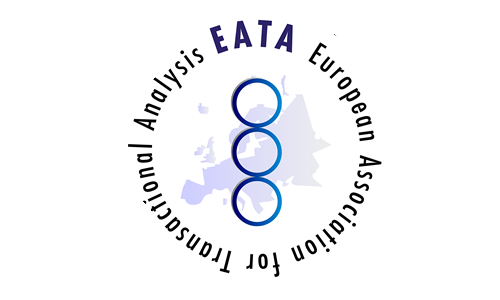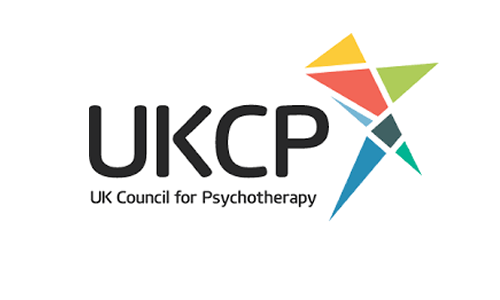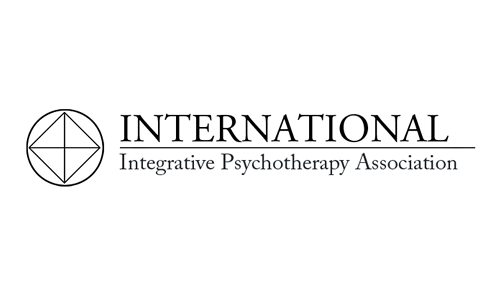FAQs
Sometimes you may find yourself in patterns of thoughts, feelings or behaviours that cause difficulty. Psychotherapy/Counselling is going to help you reflect upon your life in an honest way, helping you to understand the psychological function of these patterns and how to develop new patterns to suit your current life. You do not need to have a serious break down or to be mentally ill to go for Psychotherapy/Counselling. It is an old stigma, which is more like a myth. If you have a discomfort in your body or a physical symptom, you go to your GP to be treated and that’s how it should be regarding Psychotherapy/Counselling. Having an emotional conflict within yourself and/or with others is in itself enough reason to seek Psychotherapy/Counselling.
This is a very common question, sometimes unspoken question that many people have while they are in therapy. And this doubt is usually accompanied by fear; fear of depending on the relationship with someone who cares for you, who is invested in your wellbeing.
Many people have learnt how to be independent very early in life, even before they had the capacity to look after themselves. Parents/caretakers were too busy or too preoccupied with their own lives, and these children reached to the conclusion that ‘nobody is there for me, I can only rely on myself’. They learn how to work hard, how to be strong, how not to feel and not to need anything in order to survive. Being independent, self-sufficient was a survival strategy for those little kids. Then they grow up and they continue relying on that old strategy, which was created by a child. A strategy that served so well for that little kid is now creating conflicts in the adult mind.
As an adult, they feel lonely; they have difficulty in creating and maintaining relationships, difficulty to trust and difficulty to connect with themselves, because their feelings and their needs have long ago been repressed.
Psychotherapy will help you to make contact with those repressed feelings and unmet needs from childhood, the natural need to have someone wise, strong, stable (usually the parent), who they could depend on, they could admire and rely on.
So dependency is the therapeutic relationship is a natural momentary process, sometimes necessary in order to grow and separate as a stable, confident and complete person.
We will discuss appointment times and confidentiality.
By the end of this initial assessment we will have a better understanding of each other and know if we can work together.
Words from my clients
“Ruth offered me the safety and protection to feel and to express my repressed feelings, the pain and the emptiness I had inside. She taught me new ways of relating to myself, which improved my relationship with others, leading to a change in my personality.”



